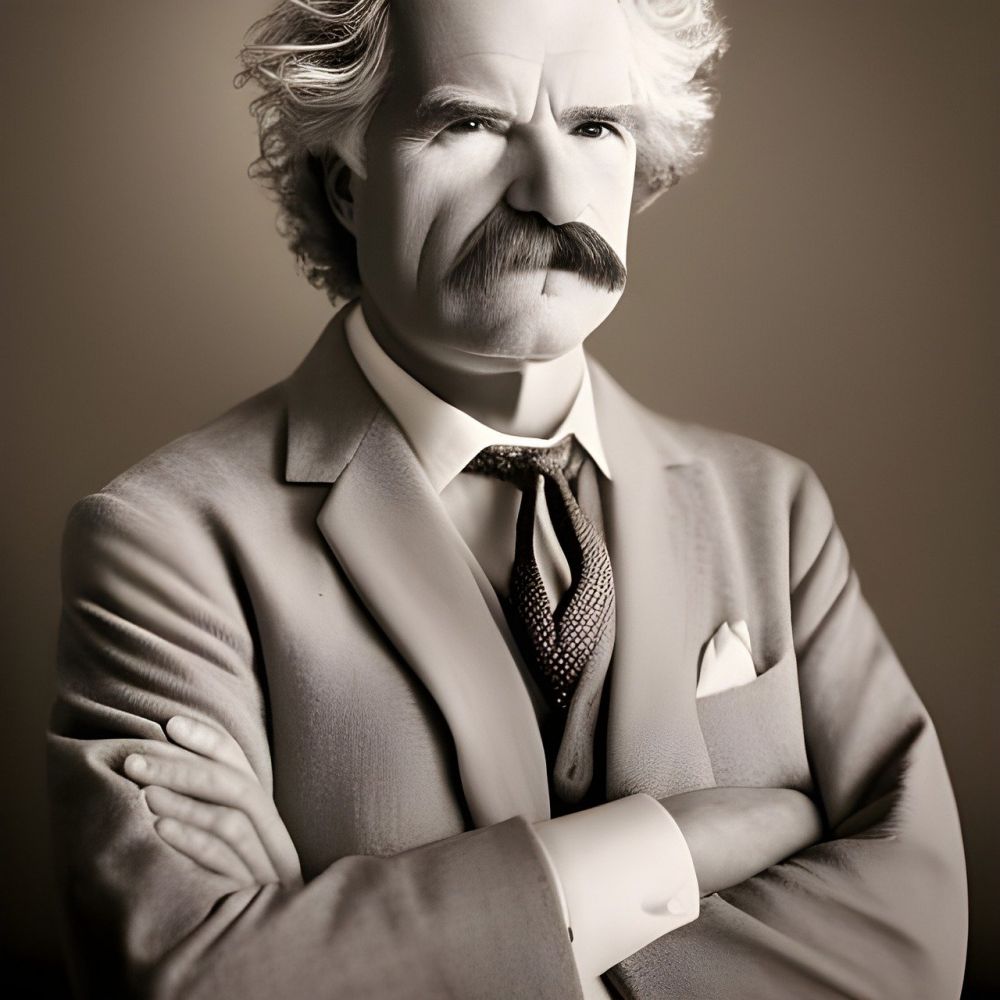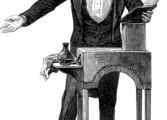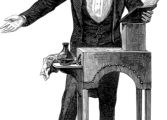George Orwell: A Revolutionary Writer Ahead of His Time

Introduction:
George Orwell, born Eric Arthur Blair, was an English novelist and essayist who is widely regarded as one of the most influential writers of the 20th century. His works, including the acclaimed novels “1984” and “Animal Farm,” continue to captivate readers and shape the way we think about society, politics, and the power of language. In this article, we will delve into the life, literary contributions, and lasting impact of this remarkable writer.
I. George Orwell: An Overview

– Early life and education: Orwell was born on June 25, 1903, in Motihari, British India. He had a tumultuous childhood marked by his father’s job in the Opium Department of the Indian Civil Service and his subsequent separation from his mother. This experience shaped his views on imperialism and class divisions.
– Writing career and pseudonym: Orwell began his literary pursuits while working as a police officer in Burma. He adopted the pen name “George Orwell” to avoid embarrassing his family with his political and social critiques. Orwell’s talent for vividly depicting social injustice and totalitarianism soon brought him recognition.
– Themes in Orwell’s works: Orwell’s writings often explore themes related to power, oppression, propaganda, and the manipulation of language. His works are known for their stark portrayal of dystopian societies, cautioning readers against the dangers of totalitarianism and unrestrained authority.
– Orwell’s unique writing style: Orwell’s prose is characterized by its clarity, precision, and unflinching honesty. He had a talent for exposing the flaws in societal systems and urging readers to question the status quo. His work often blends dark humor and heartfelt empathy, making it accessible and thought-provoking.
II. Historical Development of George Orwell
– Early influences: Orwell’s early experiences, such as witnessing extreme poverty in the working-class areas of London, greatly influenced his writing. His time as a journalist during the Spanish Civil War and his subsequent near-death experience at the hands of a Soviet agent further solidified his political views.
– The impact of war: World War II played a significant role in shaping Orwell’s perspective on society and government. His first-hand experiences during the war contributed to his deep distrust of authoritarian regimes and his belief in the importance of individual freedom.
– “Animal Farm”: Published in 1945, “Animal Farm” is Orwell’s allegorical novella that criticizes Stalinism and the corruption of the Soviet Union. The novel brilliantly captures the dangers of power and the potential for revolution to be betrayed by those in leadership.
– “1984”: Released in 1949, Orwell’s masterpiece “1984” portrays a society ruled by an oppressive government that controls its citizens through surveillance, manipulation of language, and the suppression of individuality. Many concepts introduced in “1984,” such as “Big Brother” and “newspeak,” have become part of the cultural lexicon.
III. Orwell’s Legacy and Lasting Impact
– Influence on politics and language: George Orwell’s writings have had a profound influence on political thought and language. His concepts of “doublethink” and “thoughtcrime” continue to be used to discuss the erosion of truth and freedom in modern society. His work serves as a cautionary tale against the dangers of totalitarianism.
– A voice against censorship: Orwell’s disdain for censorship and control over information remains strikingly relevant in today’s digital age. His writings serve as a reminder of the importance of a free press and the dangers of manipulating information to serve political agendas.
– A call to action: George Orwell’s works have inspired countless individuals to question authority, analyze political systems critically, and fight against injustice. His writing continues to motivate readers to be vigilant defenders of individual rights and to resist the encroachment of authoritarianism.
Conclusion:
George Orwell’s timeless works continue to resonate with readers across the globe. Through his insightful critiques of political systems and his exploration of themes such as oppression, language manipulation, and the individual’s struggle against authority, he has secured his place as one of the greatest literary voices of the 20th century. Orwell’s legacy serves as a reminder of the power of storytelling in shaping our understanding of society and propelling us towards a more just and compassionate world.
References:
– Orwell, George. “1984”. New York: Signet Classics, 1949.
– Orwell, George. “Animal Farm”. New York: Signet Classics, 1945.
– Orwell, George. “Why I Write”. Retrieved from [Insert URL].
– The Orwell Foundation. (n.d.). Retrieved from [Insert URL].
















































